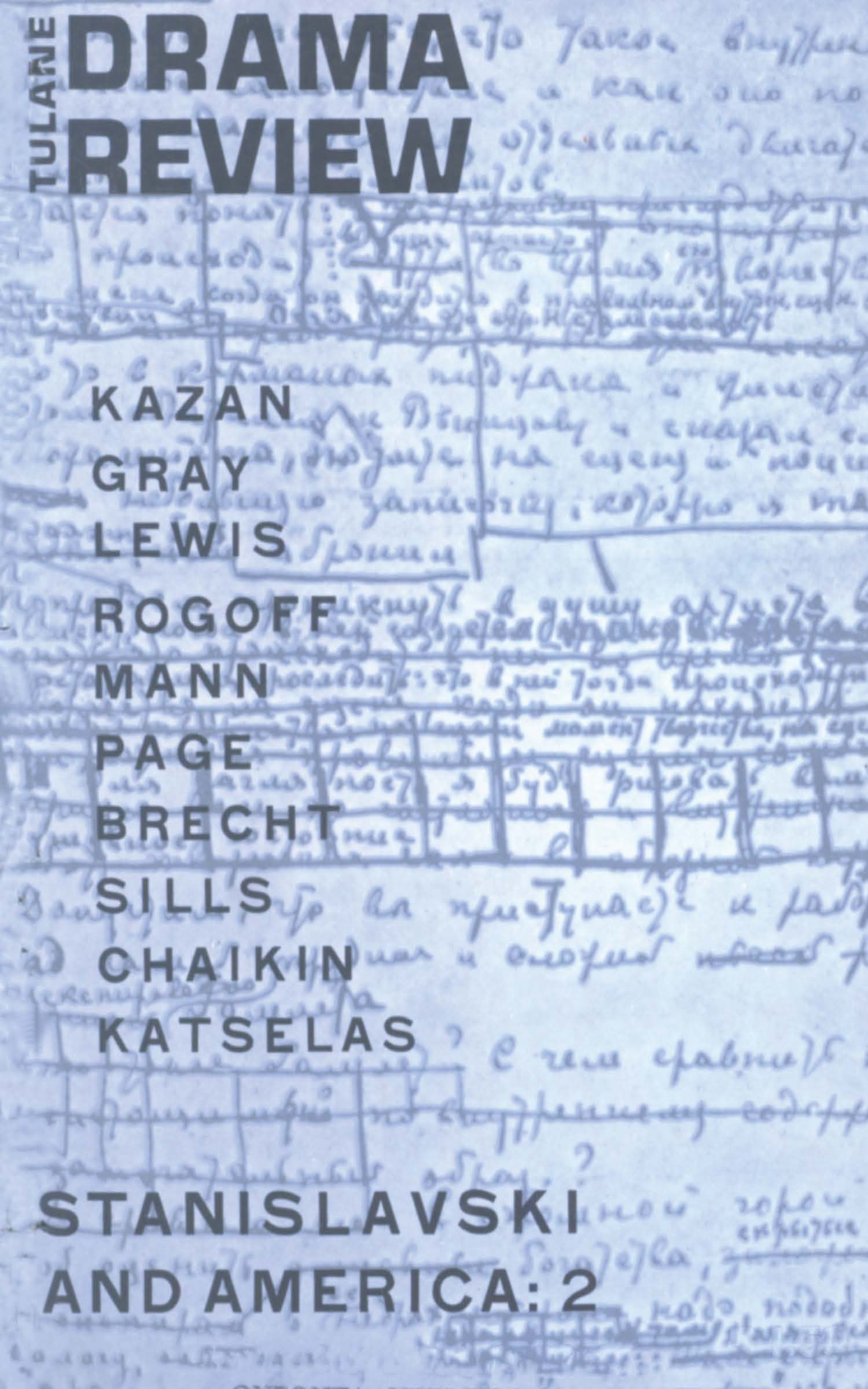Article contents
Marlowe and the Actors
Published online by Cambridge University Press: 14 February 2022
Extract
Marlowe wrote his plays before Shakespeare's masterpieces had been conceived; but we read him afterwards and in his successor's light. This causes many critical misapprehensions and theatrical mistakes. We stage Marlowe in a theatre accustomed to Shakespeare, with actors, directors, and designers who have all had experience of his plays: talents have been developed and techniques evolved for Shakespeare's dialogue in all its revolutionary subtlety, for Shakespeare's kind of dramatic action and characterization. A careful dissociation is necessary before reading and performing Marlowe for his own sake.
Marlowe had not been dead ten years before these difficulties arose. By the end of the century, Pistol in Henry IV, Part 2, was discharging his “high astounding terms,” which mocked the bragging language of Tamburlaine and other plays of that period.
- Type
- Research Article
- Information
- Copyright
- Copyright © 1964 The Tulane Drama Review
References
1 Discoveries; Works, Vol. VIII (1947), p. 587.
2 Alleyn's style has been discussed by W. A, Armstrong and A. J. Gurr in Shakespeare Survey, VII (1954) and XVI (1963); both articles usefully quote contemporary assessments.
3 Virgidemiarum (1597), B4V-B5.
4 Prynne, W., Histrio-Mastix (1633), fo. 556.Google Scholar
5 Lightborn's request for a red hot spit (V, v, 30) may indicate that Marlowe intended the further torture described by Holinshed to be enacted on the stage as well:
… they came sodenly one night into the chamber where hee lay in bed fast asleepe, and with heavie feather beddes, (or a table as some write) being cast upon him, they kept him downe, and withall put into his fundament an home, and through the same they thrust up into his bodic a hote spitte, (or as other have through the pype of a Trumpet, a Plumbers instrument of yron made verie hote) the which passing up into his intrayles, and being rolled to and fro, burnt the same, but so as no appearance of any wounde or hurt outwardly might bee once perceyved.
This would be a still more basic “figure” of the physical appetite which has become an inescapable element in Edward's life and death.
- 2
- Cited by


